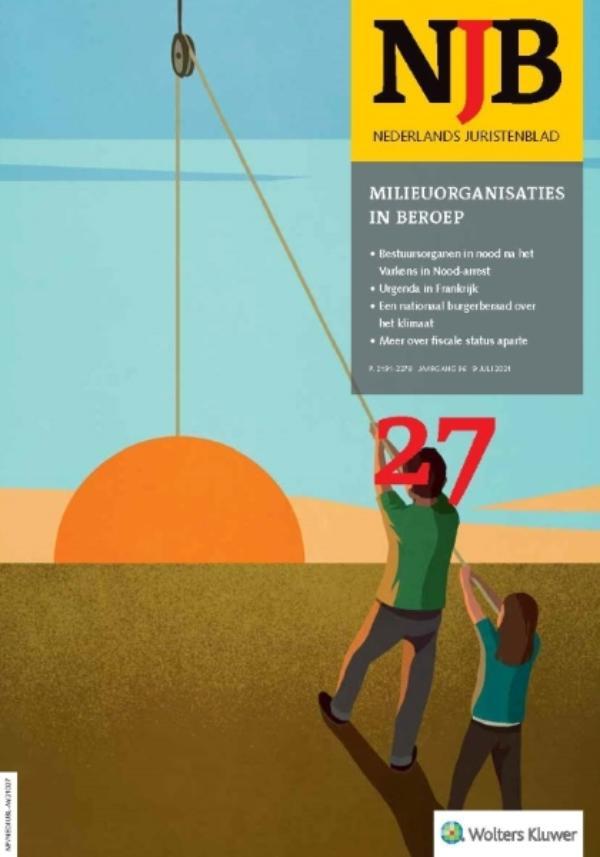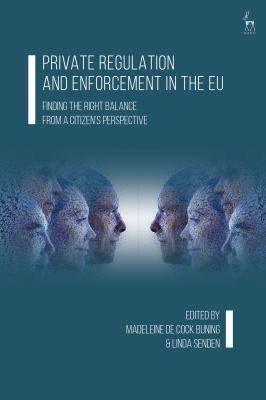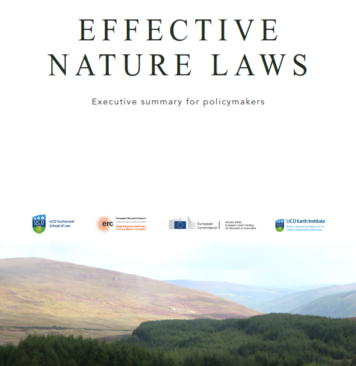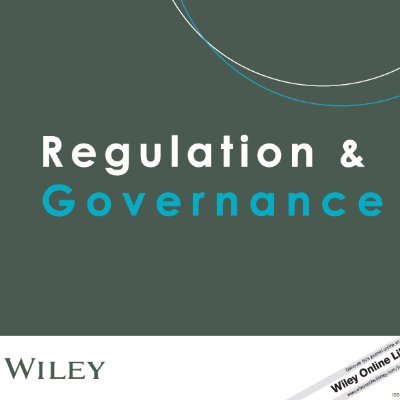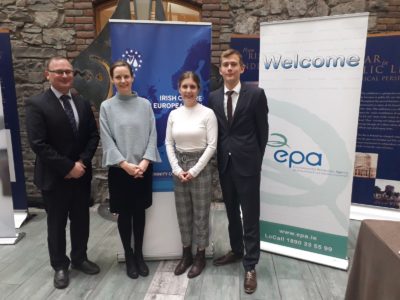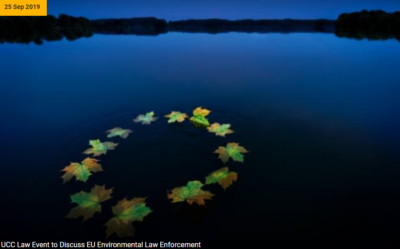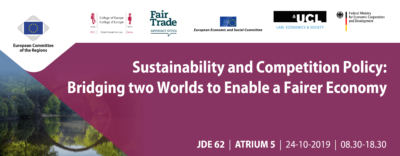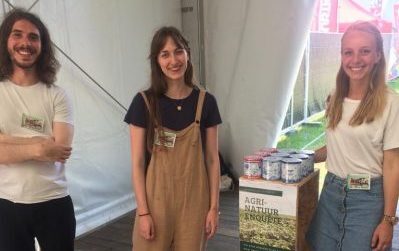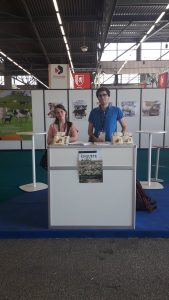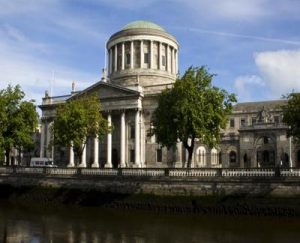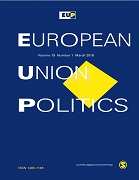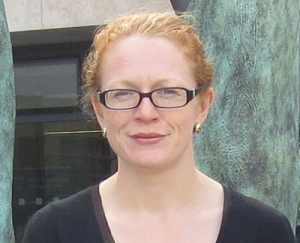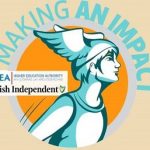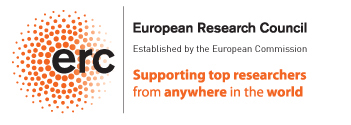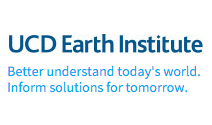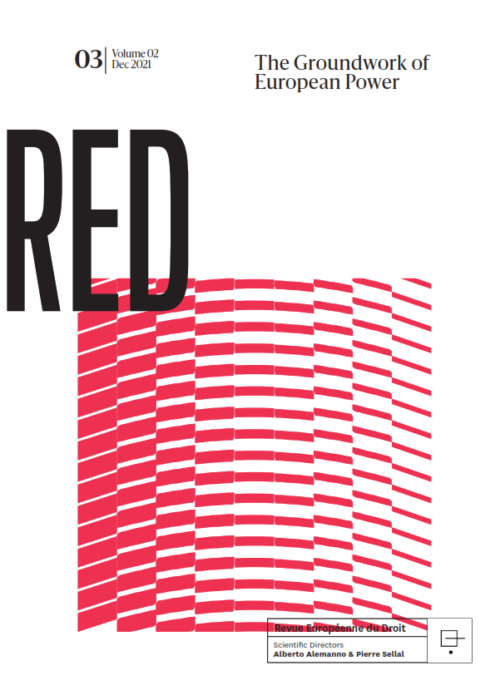
Professor Suzanne Kingston, PI on this project, has published an insightful paper inRevue
Européenne du Droit.The paper summarises Effective Nature Law’s work over the past 5 years, mapping the evolution and effectiveness of the EU’s environmental governance laws. The project examined the effectiveness of the EU’s nature governance laws in 3 Member States over 23 years from 1992-2015, using a variety of methodologies. The results detail practical ways in which nature governance law may be more effective. It also demonstrates new empirical ways to measure law’s impact which can be applied in other fields of regulation.


